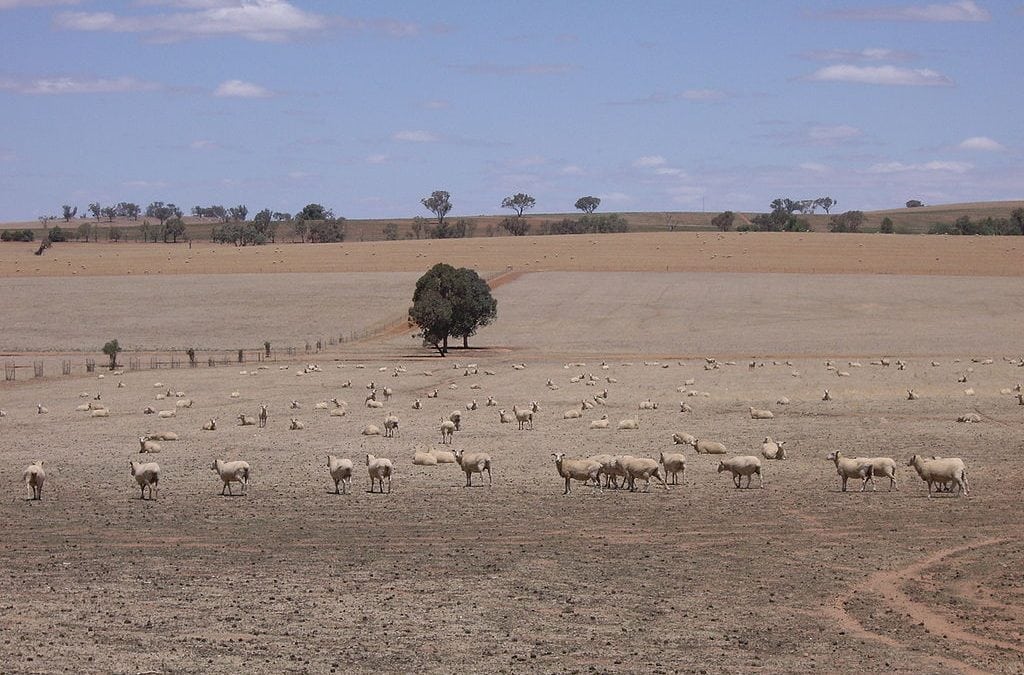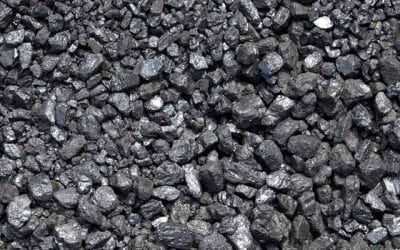In parts of Queensland and New South Wales, the past 14 months have been the driest since records began to be kept in 1900. For some farmers, this is their fifth or sixth consecutive year of drought and dry conditions, with many struggling to survive.
North-west Victoria and eastern South Australia have also experienced well below average rainfall. In the west, rain in the last few weeks has eased drought conditions, although some areas, particularly east of Albany in the state’s south, remain dry.
Since stricken farmers first appeared in mainstream media a few months ago with desperate calls for help, the public has dug deeply, with rural charities reporting a significant surge in donations from everyday Australians.
Corporate donors – Woolworths, Telstra, Toyota, Qantas, the major banks and more – have also come aboard, pledging multi-million dollar financial support and relief. The cumulative effect of the attention has led to a more extensive response to the crisis by Governments, both federal and state.
The cultural idiom of mateship
Since most people wish they had more money, not less, why do so many members of the public give theirs away to help strangers?
Many believe that giving affirms important values and allows us to feel good about ourselves as ‘Good Samaritans’.
More locally, it may reflect the Australian cultural idiom of mateship, stepping up to help those in need, a concept that is central to the Australian culture.
In this context, coming together to help people is what being Australian is all about – once you learn about issues facing people you don’t know, you help them in any way you can, however big or small.
Applying the learning to leadership
The response of the public to the plight of farming families offers leaders a cue to effecting positive actions in their teams.
From the big dry, we can see that people have reacted strongly because the need of the farmers has directly connected to common values. The consequence is that people have undertaken positive actions willingly simply because they want to. How can we apply this same principle inside the workplace to effect desired behaviours at work?
Values reflect what an individual feels is important in their life and is a key driver into why someone behaves as they do. A person’s values vary from individual to individual, and are influenced by many, many factors. Individuals, organisations and indeed countries all have common values by which we live, and are often known as an innate internal code of conduct.
Australian values are reflected in statements such as when the chips are down we dig deep, support the Aussie battler, don’t kick people when they are down, give them a fair go, help a mate and look after our own first. These are all statements we have heard in relation to the farmer’s situation. And, if you look closely at each statement you will see they link to values which resonate universally around our country and move people to act in support.
Similar to a country’s values, organisations also operate by a set of values (written or covert). Often high-performing and long-term employees’ values align to their employers’ and this is a significant reason for their strong performance and longevity. Creating a values alignment offers leaders the greatest opportunity to effect cultural change. Or, put another way, knowing how to influence a team member at the values level is often the greatest motivator to change behaviour. This is something we work extensively with on our behavioural based safety programs as we understand the importance and significance of blending behaviour change with a what’s in it for me at a values level.
For more information on our values and behavioural based safety leadership programs, visit our safety programs page.
How you can help
Rural Aid’s Buy a Bale program supports farmers and rural communities across Australia by providing support and delivering hay and essentials for those who have none left. What difference can you make? A lot.
At Safety Dimensions, we feel passionate about helping Australian farmers. Since we believe this is a really worthwhile cause, we thought we’d pass the information on to help spread the word and show how your donation could make a difference.
What Buy-A-Bale donations go towards:
Hay – 5 x $20 bales feeds 1 cow for 1 Week.
Diesel – Every $4.40 transports hay 1 km anywhere in Australia.
Water – Every $250 delivers 11,500 litres delivered to a farm within 100 km of the collection point.
Hampers – Every $52.50 buys a hamper for a farmer through their local supermarket.
General Donations – Help keep our wheels moving. Give what you can, every $10 makes a difference.
$5700 buys a single-trailer load of hay.
$9500 buys a semi-trailer load of hay and transports it to an affected area (up to 900km).
Want to contribute? To find out more and donate, visit Buy-a-Bale
More from our blog
Work-related fatigue: a guide for employers from WorkSafe Victoria
WorkSafe Victoria has produced a guide on how to prevent workplace injuries to employees. According to the guide, "Fatigue is an acute and/or ongoing state of exhaustion that leads to physical, mental or emotional exhaustion and prevents people from functioning safely...
5 tips for working successfully with subcontractors
Organisations are increasingly including subcontractors in their internal training, so everyone is aligned under a single Health & Safety framework. Not only is this beneficial for alignment of safety behaviours, but from a WHS compliance perspective, you have a...
7 tips for keeping your remote working team safe and engaged
What does work' look like for you and your team in this current situation? If your team is working remotely or combining work in the office with work from home, there may be a lack of certainty about when we may all be able to return to work as we knew it, and when...





